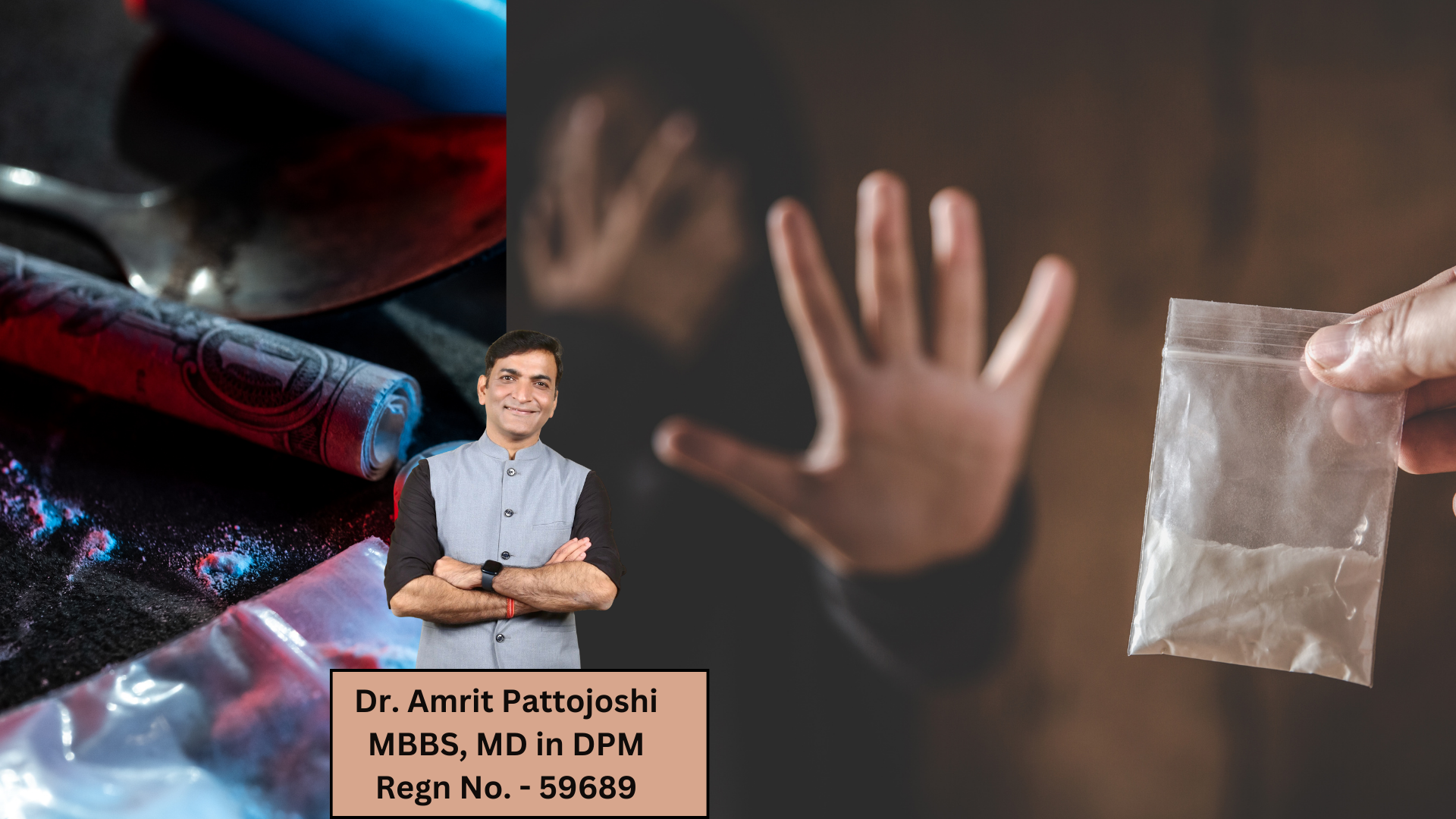Introduction:
Welcome to the informative website page on drug addiction, brought to you by Dr. Amrit Pattojoshi. In this article, we will explore the complexities of drug addiction, its impact on individuals and society, and the available treatment options. Dr. Pattojoshi, a renowned medical professional specializing in addiction medicine, aims to provide you with valuable insights into this challenging issue.
Understanding Drug Addiction:
Drug addiction, also known as substance use disorder, is a chronic and relapsing condition characterized by compulsive drug-seeking and drug use despite harmful consequences. It is a complex disease that affects the brain, leading to long-lasting changes in its structure and function. Individuals who struggle with drug addiction often experience intense cravings and find it challenging to control their drug use.
Substance Types and Effects:
Drug addiction can involve various substances, including illicit drugs, prescription medications, and even legal substances like alcohol and tobacco. These substances can have profound effects on the brain's reward system, leading to feelings of euphoria, relaxation, or increased energy. However, repeated drug use can disrupt normal brain functioning, causing a range of physical, psychological, and social problems.
Factors Contributing to Drug Addiction:
Several factors can influence the development of drug addiction. Genetic predisposition, environmental factors, such as exposure to drugs or a dysfunctional family environment, and underlying mental health conditions can all contribute to an individual's vulnerability to addiction. Understanding these factors is crucial for developing effective prevention and treatment strategies.
Effects on Health and Well-being:
Drug addiction can have severe consequences for an individual's physical and mental health. It can lead to a range of health issues, including cardiovascular problems, respiratory disorders, liver damage, and an increased risk of infectious diseases. Additionally, addiction can cause or exacerbate mental health disorders such as depression, anxiety, and psychosis.
Treatment Options:
Fortunately, drug addiction is treatable, and recovery is possible with the right interventions. Treatment approaches may include a combination of medications, behavioral therapies, and support services. It is essential to seek professional help from addiction specialists, like Dr. Amrit Pattojoshi, who can tailor treatment plans to individual needs and circumstances.
Medication-Assisted Treatment (MAT):
Medication-assisted treatment is often used to help individuals with opioid or alcohol addiction. Medications such as methadone, buprenorphine, or naltrexone can help reduce cravings, alleviate withdrawal symptoms, and support long-term recovery. MAT, when combined with counseling and behavioral therapies, has shown significant success in managing addiction.
Behavioral Therapies:
Behavioral therapies play a crucial role in treating drug addiction by addressing the psychological aspects of the condition. Cognitive-behavioral therapy (CBT), motivational interviewing, and contingency management are some of the evidence-based approaches used to help individuals change harmful behaviors, build coping skills, and prevent relapse.
Support and Aftercare:
Recovery from drug addiction is a lifelong process, and ongoing support is vital for maintaining sobriety. Support groups, such as Narcotics Anonymous or SMART Recovery, provide a network of individuals facing similar challenges. Additionally, aftercare programs, including counseling, vocational training, and housing assistance, can help individuals reintegrate into society and rebuild their lives.
Conclusion:
Drug addiction is a complex issue that requires understanding, compassion, and evidence-based interventions. Dr. Amrit Pattojoshi emphasizes the importance of early intervention, personalized treatment plans, and ongoing support to help individuals overcome addiction and achieve lasting recovery. If you or someone you know is struggling with drug addiction, remember that help is available, and a brighter future awaits with the right support and treatment.
